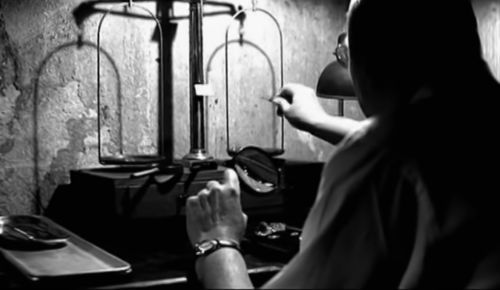I was listening to a song called Nine Million Bicycles by Katie Melua and wondering why it reminded me so much of riding in dusty old buses in the country…and then I suddenly realized the melody was a near exact match of the ballads I used to hear when travelling around asia many years ago.
The bridge of the tune, rather ironically, doesn’t fit and I am skeptical every time I hear her beckoning me to cross it with her. Warm by the fire? Just believe everything that she says? She offers hope in her words, yet her soothing voice is a haunting reminder of the lonliness that can often take a seat right next to you on a late night journey down empty roads. Have you ever leaned your head against a cold rattling window, unable to point the way home, and pulled your jacket tighter to try and shut out a chill?
And while I find myself wondering about the trust implied in her lyrics, perhaps in a similar way that Ulysses lashed himself to his mast near the Island of Sirens, others have apparently taken up a more literal issue with the lyrics of the song:
I suspect that Katie took some poetic licence in order to make her lyrics scan. She replaced the bisyllabic number “14” with the nearest monosyllabic number, namely 12″. This alteration is just about acceptable, but the next line in the song is unforgivable. To say that the age of the universe is “a guess” is an insult to a century of astronomical progress. The age of the universe is not just “a guess”, but rather it is a carefully measured number that is now known to a high degree of accuracy.
While Simon Singh is technically correct, I feel he is missing the point of her expressing a “fact” in the face of the number of bicycles in Beijing and age of the universe. Although we may feel small, and we may feel lost and insignificant, she tells us not to worry because there are boundaries in time and a real significance to our relationships. Perhaps the fire she sings of is something I was wishing for on all those long nights. A sad yet joyful ballad, about trust, love and…leaps of faith.
Now if I could just stop playing the song over and over again.
